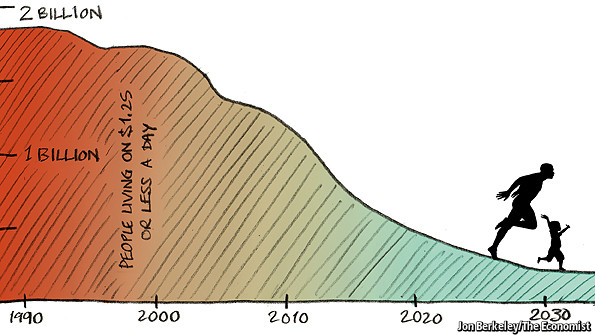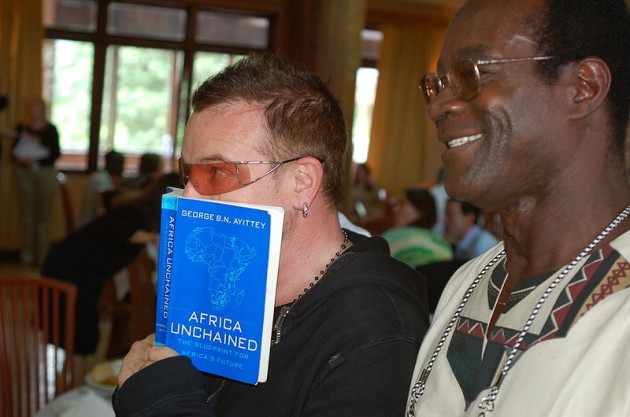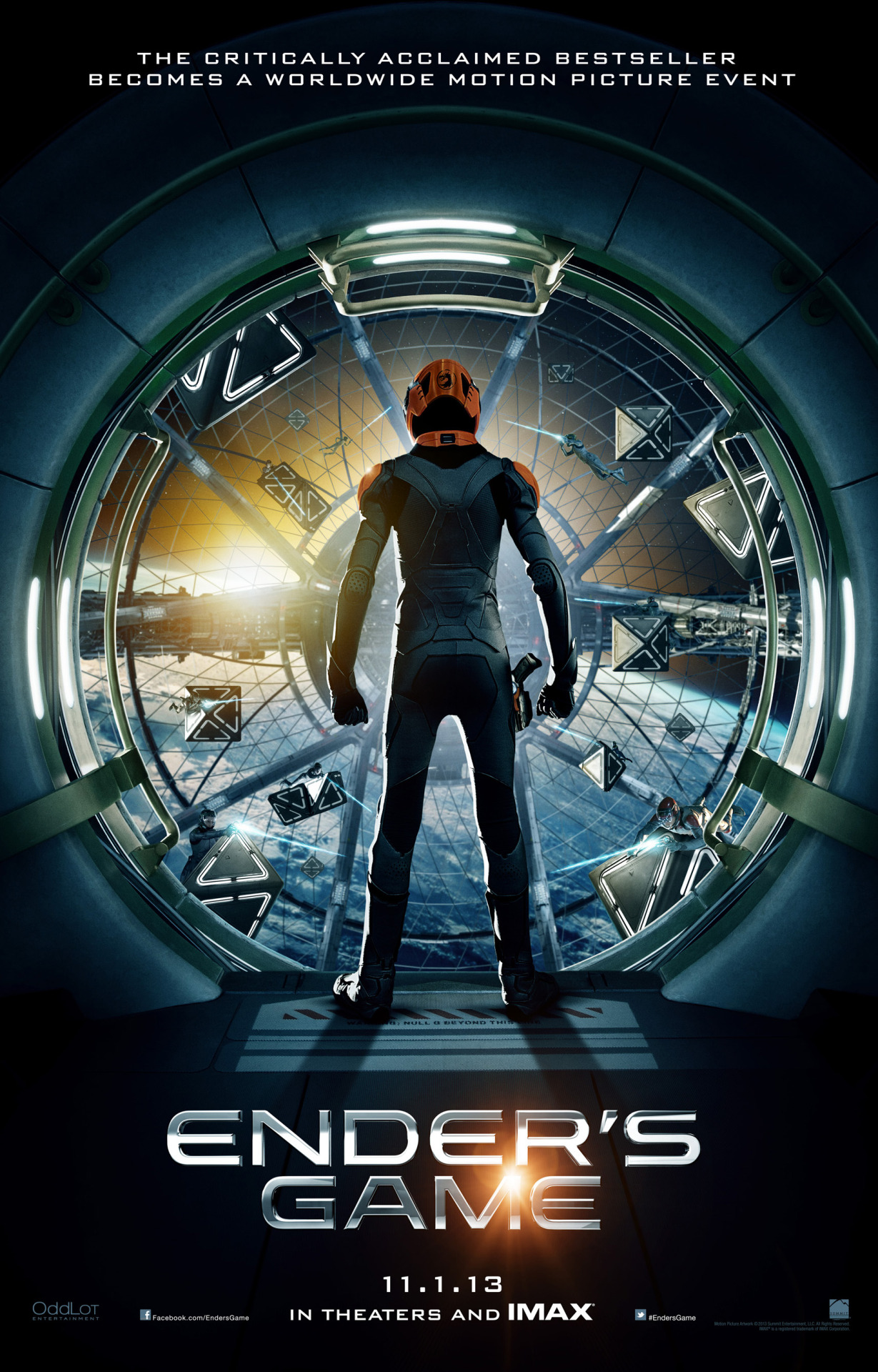My wife and I were trying to decide what to watch on NetFlix the other night and we somehow ended up watching Titanic: a film that was pretty good the first couple times (at least according to audiences and the Academy), but has worsened with each viewing.
But one scene in particular stood out to me with this viewing (no, not that scene). Recall as the young Rose (Kate Winslet) asked Thomas Andrews (Victor Garber) about the number of lifeboats, Andrews answered that there were only enough boats for about half the passengers. The reason? The deck would look too cluttered. This reminded me of a Wall Street Journal article from last year that was written for the 100th anniversary of Titanic’s sinking. The author, Australian columnist Chris Berg, explains that
the Titanic was fully compliant with all marine laws. The British Board of Trade required all vessels above 10,000 metric tonnes (11,023 U.S. tons) to carry 16 lifeboats. The White Star Line ensured that the Titanic exceeded the requirements by four boats. But the ship was 46,328 tonnes. The Board of Trade hadn’t updated its regulations for nearly 20 years.
Why no regulatory updates?
It had been 40 years since the last serious loss of life at sea, when 562 people died on the Atlantic in 1873. By the 20th century, all ships were much safer. Moreover, the passage of time changed what regulators and shipowners saw as the purpose of lifeboats. Lifeboats were not designed to keep all the ship and crew afloat while the vessel sank. They were simply to ferry them to nearby rescue ships…Had Titanic sunk more slowly, it would have been surrounded by the Frankfurt, the Mount Temple, the Birma, the Virginian, the Olympic, the Baltic and the first on the scene, the Carpathia. The North Atlantic was a busy stretch of sea. Or, had the Californian (within visual range of the unfolding tragedy) responded to distress calls, the lifeboats would have been adequate for the purpose they were intended—to ferry passengers to safety.
Yet, Cameron’s fictionalized account of the tragedy supposedly brought on by greed and aesthetics “hinges on a crucial conversation between Alexander Carlisle, the managing director of the shipyard where Titanic was built, and his customer Bruce Ismay, head of White Star Line, in 1910.” Carlisle proposed 48 ships, but Ismay and others rejected “on the grounds of expense.” But as Berg demonstrates, this too is untrue:
In the Board of Trade’s post-accident inquiry, Carlisle was very clear as to why White Star declined to install extra lifeboats: The firm wanted to see whether regulators required it. As Carlisle told the inquiry, “I was authorized then to go ahead and get out full plans and designs, so that if the Board of Trade did call upon us to fit anything more we would have no extra trouble or extra expense.” So the issue was not cost, per se, or aesthetics, but whether the regulator felt it necessary to increase the lifeboat requirements for White Star’s new, larger, class of ship. This undercuts the convenient morality tale about safety being sacrificed for commercial success that sneaks into most accounts of the Titanic disaster.
Nobody in the industry questioned the judgment of the Board of Trade. This was no longer the industry’s responsibility, but the board’s. The “private risk management” of business had evolved into mere “regulatory compliance.” As Berg notes,
This is a distressingly common problem. Governments find it easy to implement regulations but tedious to maintain existing ones—politicians gain little political benefit from updating old laws, only from introducing new laws. And regulated entities tend to comply with the specifics of the regulations, not with the goal of the regulations themselves.
While many things went wrong in the case of the RMS Titanic, when it comes to the number of lifeboats, Berg gets it right: “British regulators assumed responsibility for lifeboat numbers and then botched that responsibility.”
Policymakers, take notice.








